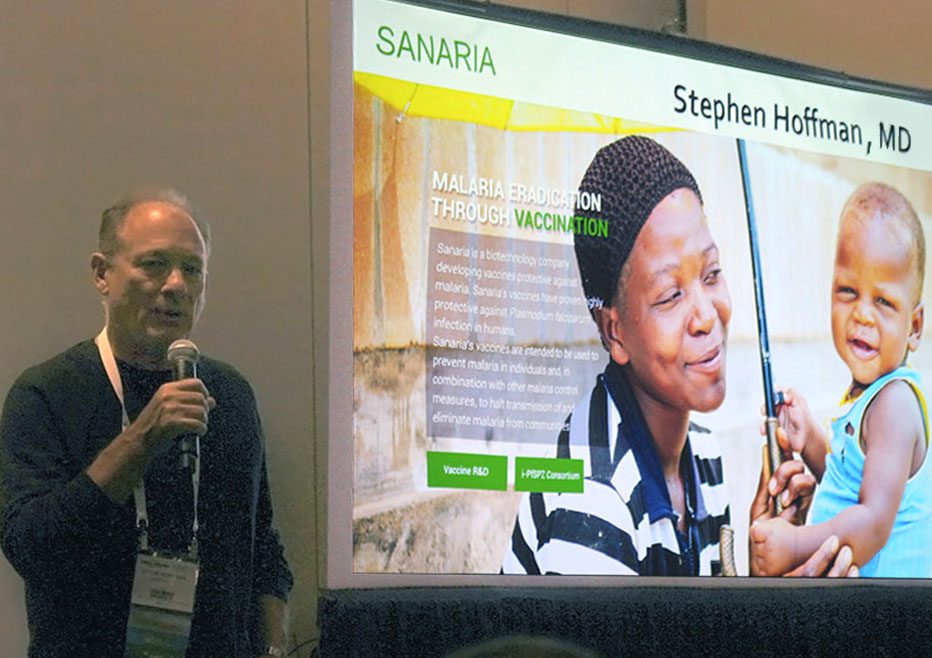One example of the ability of public-private partnerships to establish and strengthen research capacity is the Equatorial Guinea Malaria Initiative (EGMVI), which began within the larger Bioko Island Malaria Control Project (BIMCP). Last year, the two were combined into the Bioko Island Malaria Elimination Project (BIMEP). Dr Stephen Hoffman from Sanaria, Inc. shared details of the BIMEP with us at FHI Clinical’s dinner event held during ASTMH (not officially affiliated with ASTMH). FHI Clinical has also had the privilege of being involved in studies conducted by the EGMVI (now BIMEP).

Below is a brief history about how the BIMEP team evolved from the two original organizations.
The BIMCP was established in 2003 by a consortium of the Government of Equatorial Guinea (EG) and nonprofit, public and academic organizations to fund local malaria control efforts and reduce malaria- related morbidity and mortality. From 2004 to 2018, the project focused on control interventions — indoor residual spraying, long-lasting insecticide-treated nets, improved diagnosis and treatment, a focus on pregnant women, better antenatal care, communication strategies for behavior change within communities, community outreach, comprehensive monitoring and evaluation, capacity building and institutional development to transfer management to the National Malaria Control Program.
By 2016, malaria transmission was reduced by nearly 76% among children 2-14 years old, with all-cause mortality reduced by 64% in children <5 years old. Parasite prevalence was also reduced by 81%, from 45% in 2004 to 8.5% in 2016, with elimination of one of the three main malaria vector species (Anopheles funestus). However, the rate of success plateaued — an additional malaria control tool was needed.
Following their evaluation of the feasibility and desirability for clinical trials, the Government of EG authorized funding for a series of clinical trials to evaluate Sanaria’s PfSPZ Vaccine. The BIMCP consortium provided financing, and a vaccine implementation team was established, including local Equatoguineans, personnel from Ifakara Health Institute, Sanaria and La Paz Malabo Medical Center in Malabo, EG.
EG successfully overcame these challenges preparing for its first-ever clinical trial and has since conducted multiple clinical trials, including a phase 2 clinical trial for which we provided data and site monitoring support. A phase 3 clinical trial will begin this year with the aim of submitting data to US and European regulatory agencies for licensing. FHI Clinical is proud to be providing on-site and remote data monitoring, training and additional site support during these trials — helping to eradicate a disease that is highly prevalent and a significant cause of mortality in EG — and all of Africa.
FHI Clinical thanks Dr Hoffman for sharing his experiences during our event.

